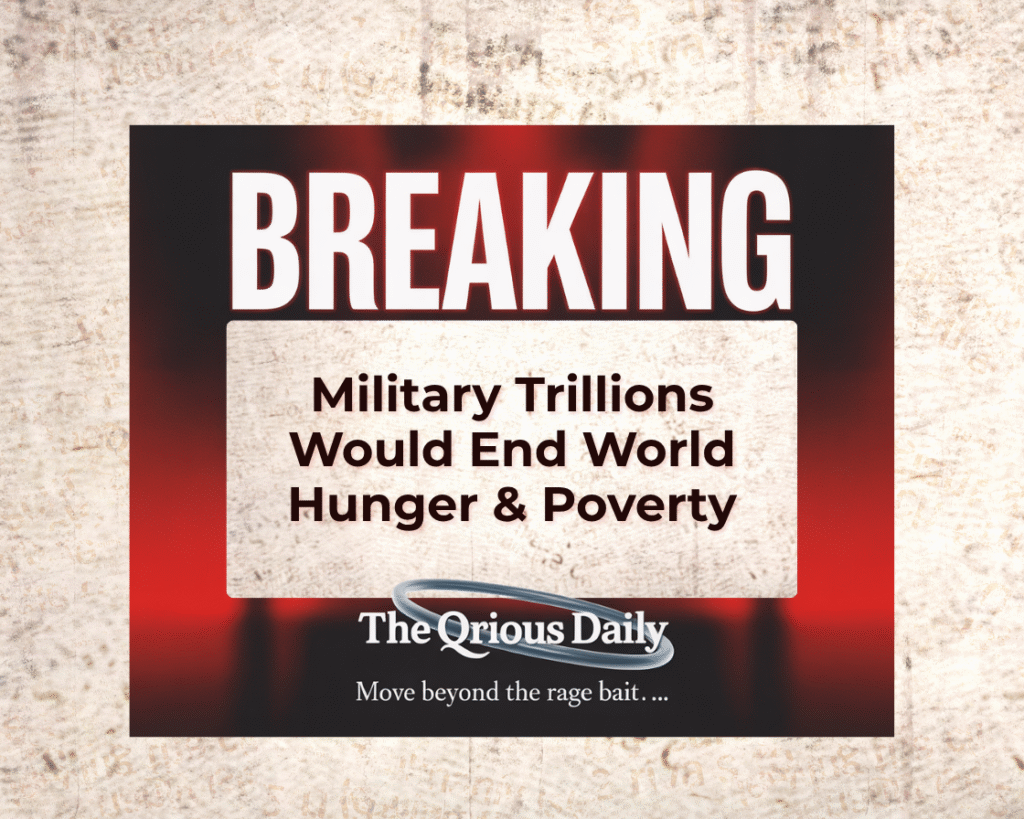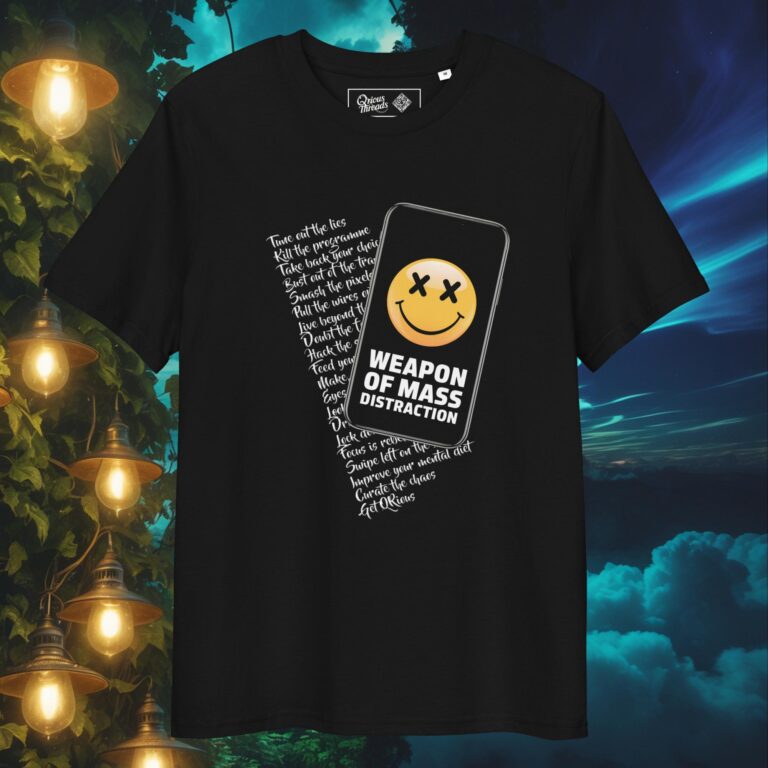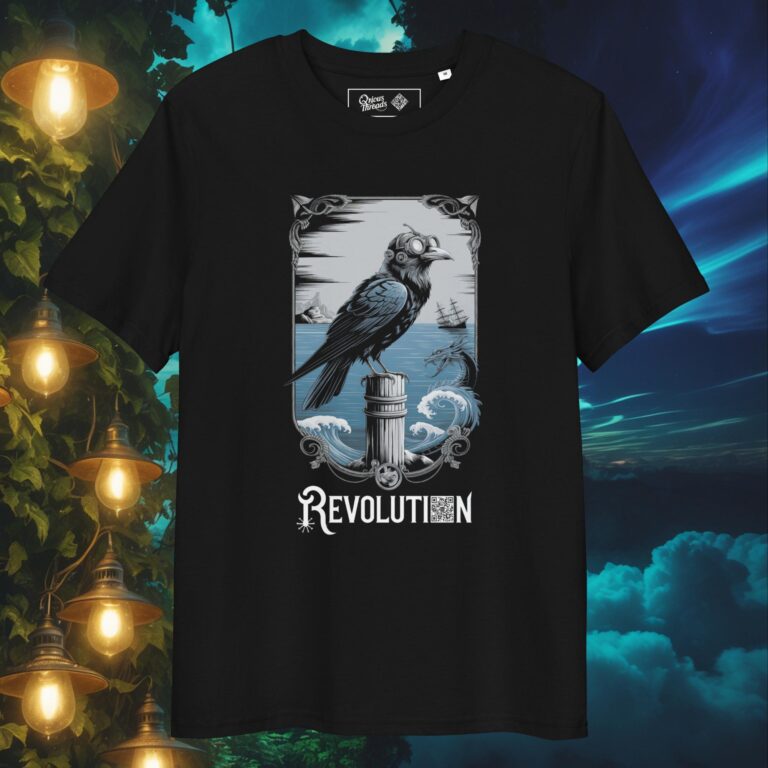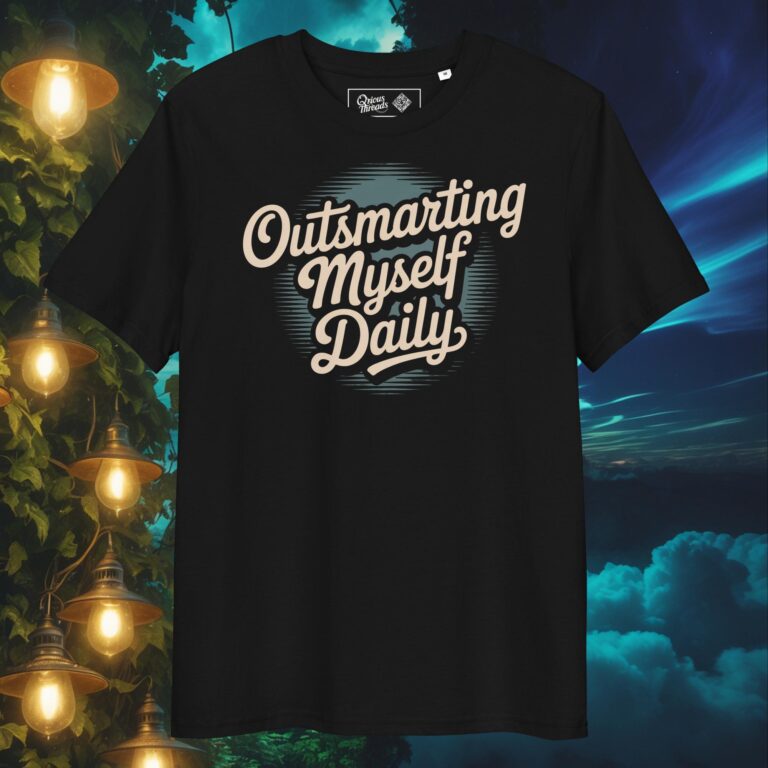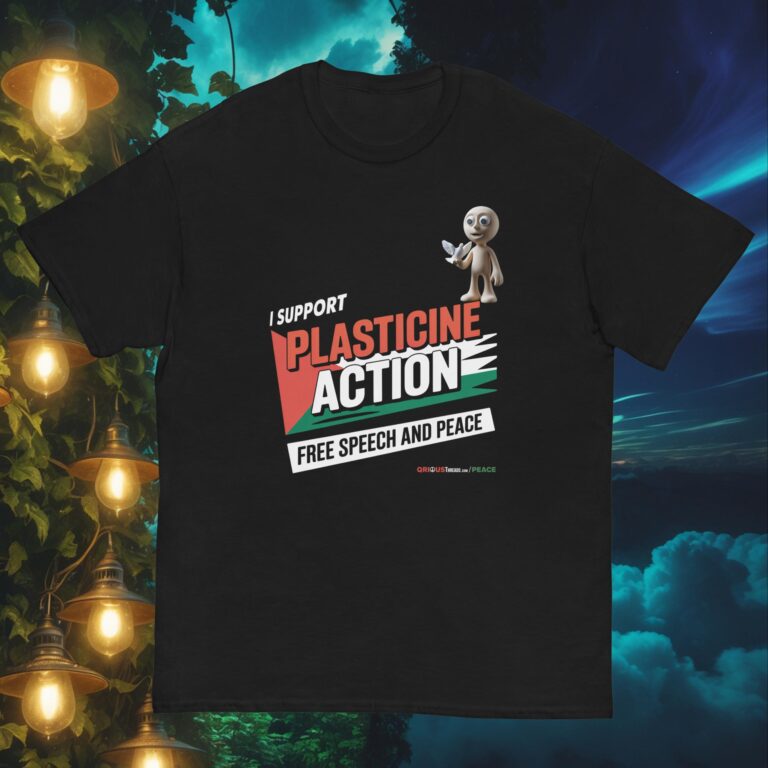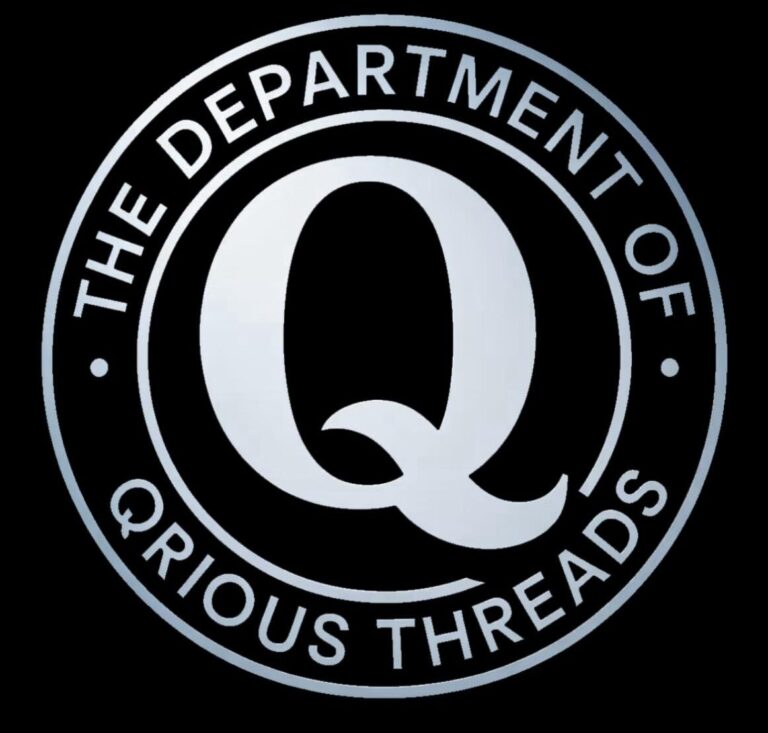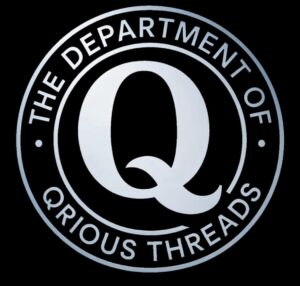In a recent interview with Steven Bartlett, Mo Gawdat points out that the world spends $2,700,000,000,000 on the tools of war. Meanwhile, the cost to end world hunger for a year is a mere $40-50 billion, confirmed by the UN and WFP.
Extreme poverty could be ended worldwide for $350 billion annually.
Universal basic healthcare provided to all for around $500 billion per year.
That’s about 2–4%, 13%, and 19% of the world’s military budget, respectively.
To end world hunger would take what the world spends on military guns and drones in about a week. The rest, removing poverty, providing health, cost more, but still far less than the money we burn to defend an unstable status quo.
Mo Gawdat isn’t alone in running these stats. The UN, the World Bank, and even Elon Musk have publicly wrestled with them.
Why Don’t We Flip the Switch?
Numbers change nothing until enough people see the equation. Most already know that the world is badly programmed. But these figures cut through the fog. If “the system” is just collective focus made solid, then mass awareness plus open data could crack its shell. Fear merchants lose power when the spreadsheet speaks louder than the scare stories.
But here’s the rub: change isn’t simple when you’re facing dictators, proxy wars, and nations that don’t play by cooperative rules. Ukraine can’t defend itself with good vibes. Taiwan needs more than transparency to deter invasion. The question isn’t whether we should naively disarm. It’s whether we’re spending on actual security versus performative military theatre that makes arms dealers rich while keeping everyone scared.
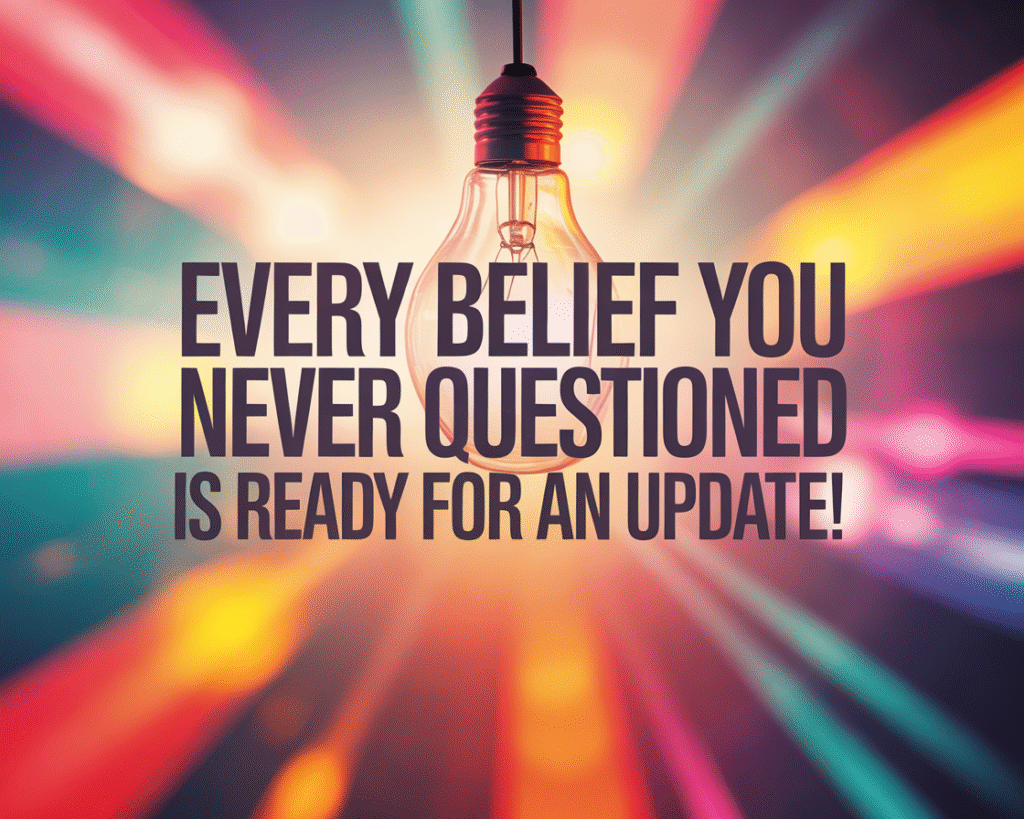
Do Our Voices Actually Count?
For those in democracies, yes. But not how most people think. Voting every four years won’t shift trillion-dollar budgets overnight. Real change comes from sustained, informed pressure that makes ignoring the issue politically costly. When enough constituents understand that $50 billion could end hunger while $200 billion goes to weapons contractors’ Christmas bonuses, politicians start doing different maths.
For those under authoritarian regimes, the pathway is murkier but not hopeless. Information spreads like water through cracks. Economic pressure from democratic allies matters. Cultural shifts, through art, technology, underground networks, can influence even closed societies over time. The Berlin Wall didn’t fall from external military force. It crumbled when enough people stopped believing the system’s ghost stories.
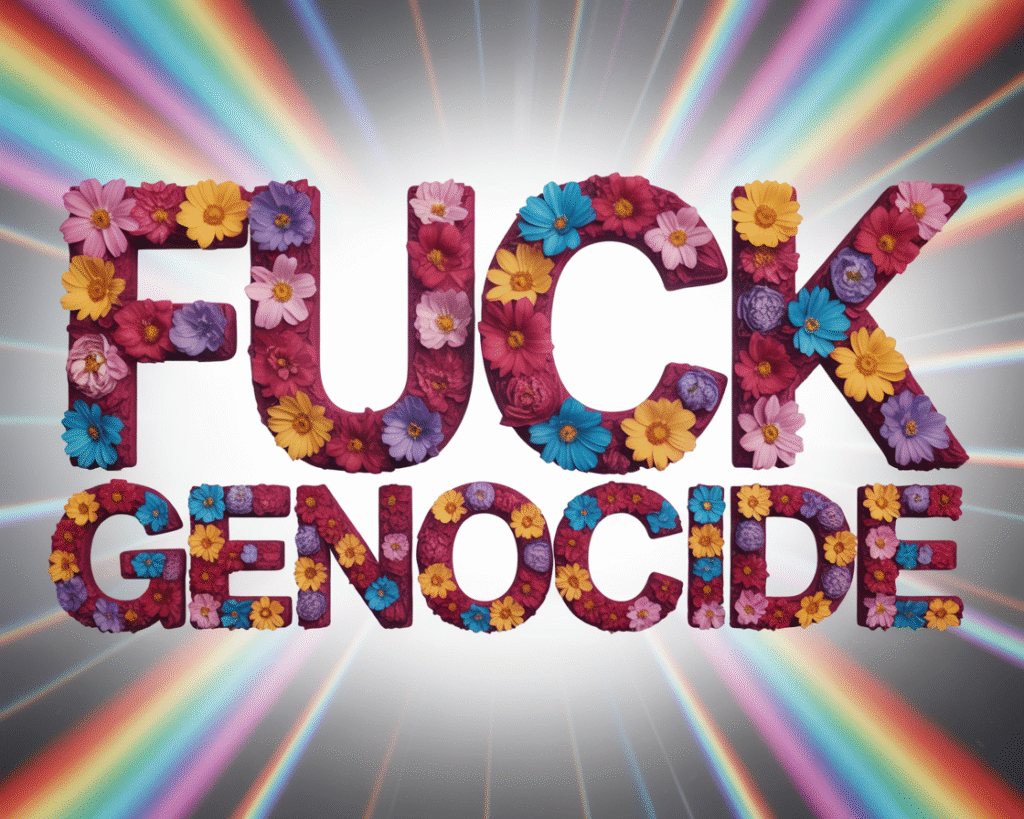
The Defence Dilemma: Smart Security vs Stupid Spending
Here’s what the numbers don’t capture: not all military spending is equal. Defending against genuine threats, protecting democracies from invasion, is different from maintaining global empire or feeding the military-industrial complex. The US spends more on defence than the next ten countries combined, yet somehow feels less secure each year. That’s not strategy. That’s addiction wearing a uniform.
Smart security might look like international cooperation on real threats. Pandemics, climate disasters, cyber attacks. Diplomatic prevention rather than military reaction. And yes, addressing the root causes of conflict like poverty and resource scarcity. Imagine if just 10% of military spending went toward making regions stable enough that they didn’t need defending.
The Path Forward: Realistic Idealism
Imagine if budgets were posted line by line, live, for anyone to question. No more political sleight of hand, no more defaulting to fear. Movements and content, memes, shirts, short films, design, can push these facts out of the echo chambers. Each act of sharing forces the issue into the room. Each act of questioning normalises doubt.
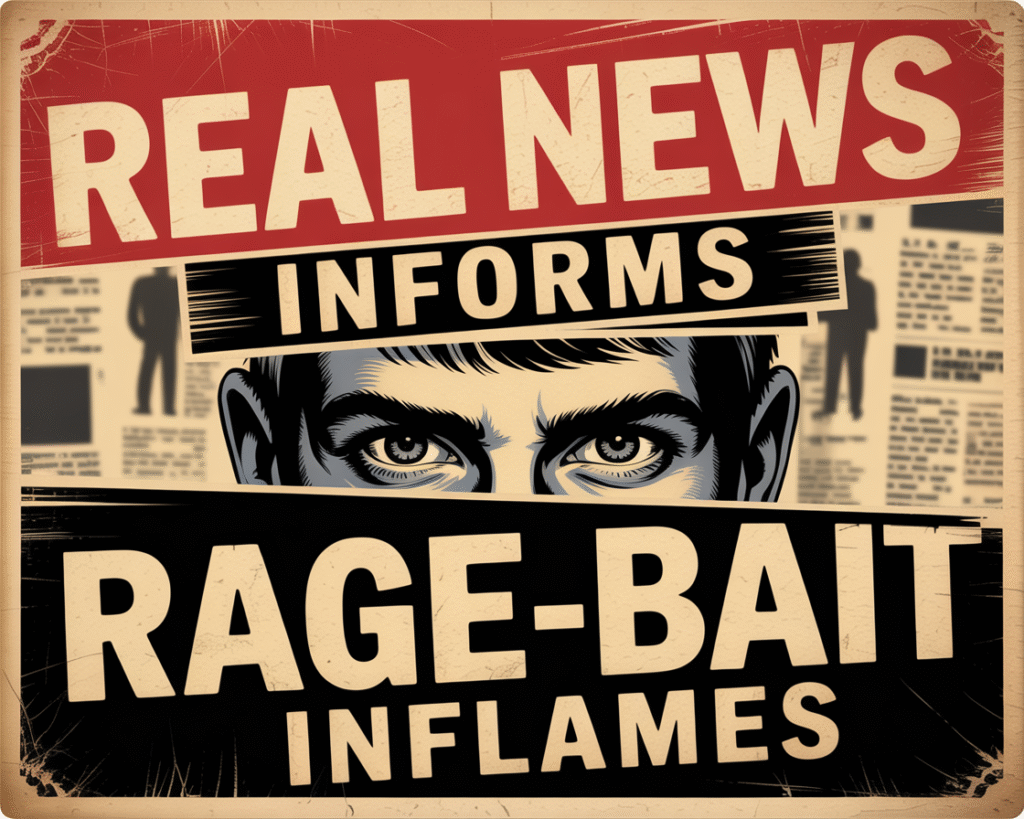
Civil Rights. #MeToo. Climate Strikes. All started as mass transparency projects, then bent reality when too many people could not unsee the lie. Budget awareness works the same way. When millions start asking out loud, “Why can we fund war, but not wellbeing?” the narrative changes direction. Slow, then very fast.
The shift happens through local pressure. City councils, regional governments can pilot cooperative spending models. Economic leverage: consumers and investors can reward companies that prioritise human security over weapons manufacturing. Cultural momentum: when enough people see the equation, politicians follow public opinion rather than lobbyist cheques. International coordination: treaties, trade agreements, and diplomatic pressure that reward cooperation over competition.

Peace. Action. Discussion.
You could meditate on powerlessness. You could support campaigns for open budgets, vote for candidates who question military overspending, or divest from weapons manufacturers. Or you could simply talk about it. Make it normal in your circle to ask, “What are we really defending?” Every share, every comment, every T-shirt, podcast, or street mural that prints these sums is another signal. The system can’t gaslight everyone if everyone’s awake.
Even those without democratic power can share information, support transparent organisations, and refuse to accept that endless conflict is inevitable. The conversation crosses borders faster than armies.

See It and Pursue It
Imagine if the next big budget debate wasn’t about fear, but about what kind of thriving future is possible. That’s reality hacking. One simple calculation at a time.
If these figures stand up, which they do, then our priorities don’t. Mass awareness and transparency aren’t fluffy utopias. They’re the original plugins for installing new realities. Sometimes, all it takes to break the trance is seeing the balance sheet for what it is and making the conversation louder than the fear.
The maths is simple. The change is hard. But impossible and difficult aren’t the same thing.
